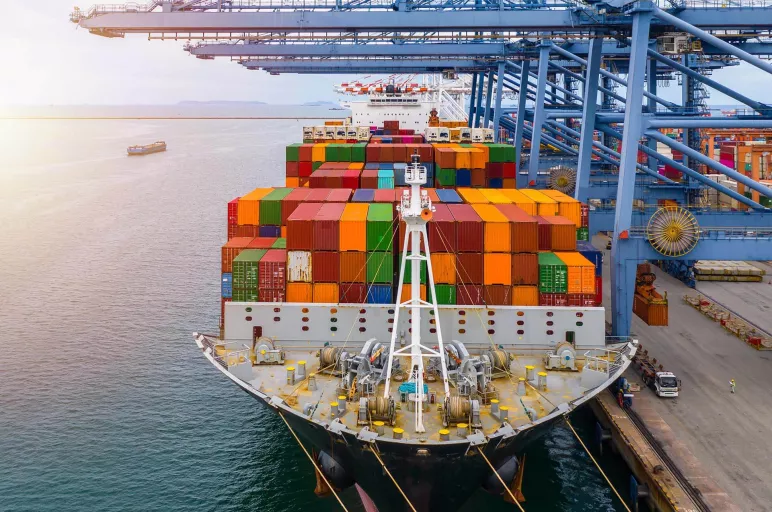
The Importance of Cyber-resilience in the Maritime Industry
- Increased reliance on digitization and integration exposes the maritime sector to accelerating cyberattacks, especially post COVID-19
- Cybercrimes against the maritime industry create supply chain disruptions and threaten the safety of the crew, cargo, vessel and port infrastructure
October 29, 2021 | IT & Telecom
South African port operator Transnet was recently hit by a cyberattack and forced to halt operations for more than a week across key container terminals like Durban, Port Elizabeth, Cape Town, and others.
In another incident, South Korean flagship carrier HMM fell victim to a cyberattack that continues to affect its email systems.
These are just a few of the many attacks that the maritime industry has witnessed in the last few years amidst the growing penetration of digitization. IMO, CMA CGM, MSC, Cosco and Maersk have all suffered recent attacks from cybercriminals. Common malware threats include WannaCry and NotPetya, data breaches and phishing.
Digitization brings increased cyberthreats
The maritime industry has been implementing IT systems and automation in areas such as navigation, communication, loading and unloading of vessels, cargo handling and container tracking. Such increased interconnectivity among operational technology, information technology as well as internet connection intensifies the industry’s exposure to cyberthreats.
COVID-19 has only increased the sector’s reliance on technology and the internet as employees are forced to work remotely, making it more susceptible to cyberattacks. Moreover, most of the recent cyber risks occur because of human error, inadequate cyber-hygiene practices like lack of encryption of devices as well as inability to detect potential cyberthreats.
Impact of cyberattacks
Cyberattacks result in heavy financial losses for port authorities, carriers as well as shippers through business outage and system recovery. Shippers also fail to get insurance coverage, as many traditional insurance products like marine hull insurance do not cover loss from cyberthreats.
Cyberthreats can also result in port congestion as well as loss of sensitive information and control over operations and cargo. When port operators and carriers pivot to manual processes during any cyberattack, shippers must deal with inefficient port operations coupled with increased cargo dwell times and backlog. Delay in shipments can mean increased damage to cargo, especially time-sensitive goods such as fresh produce or prescription drugs.
Need for increased collaboration to tackle cyberthreats
As the maritime industry operates with a high level of co-dependencies among port operators, carriers, logistics providers and shippers, there is a need for detailed due diligence among them to tackle any data breach along the supply chain.
Although the IMO has laid down guidelines to implement necessary cyber risk management, the industry desperately needs a policy at the national level to boost investment in crucial cybersecurity infrastructure like ports.
Organizations should consider purchasing cyber insurance along with traditional insurance to mitigate the negative financial implications of cyberattacks. They should also implement training programs for employees to help them increase their awareness regarding phishing emails and third-party software.
By doing so, maritime enterprises can proactively build resilience to any potential cyber risks in the future.



